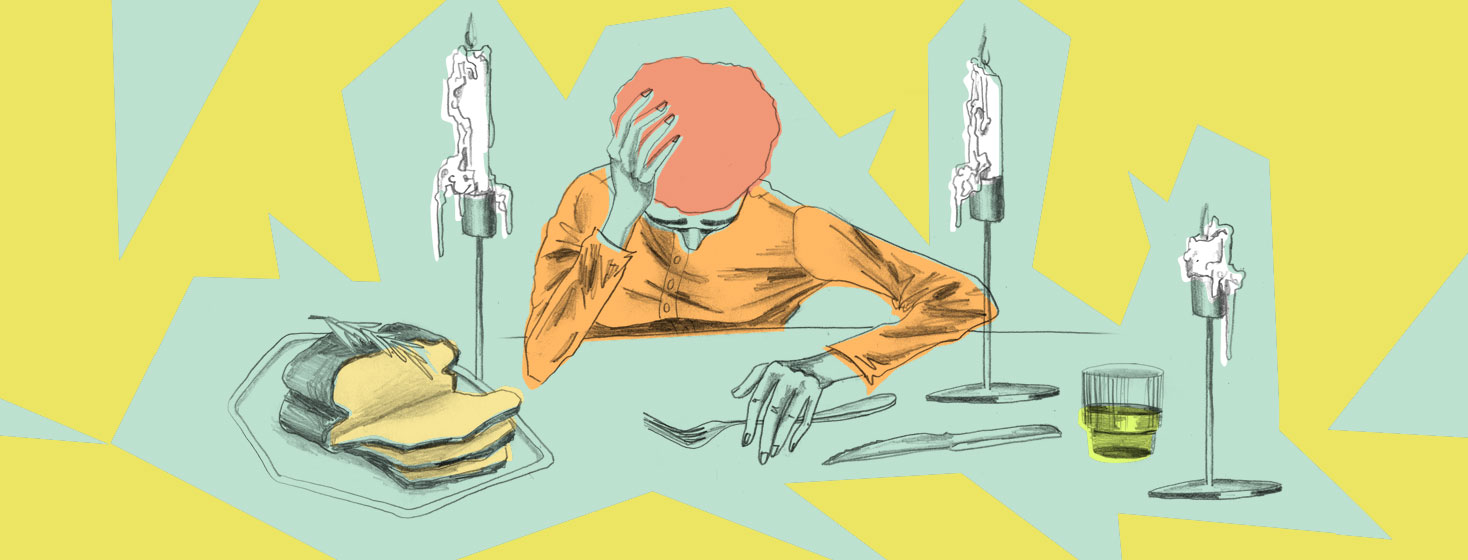Developing Your Fatigue Response Plan
Have you ever had uninvited guests gate crash your holiday gathering? I like to think of myself as warm and welcoming, but people barging in on my carefully planned dinner doesn't make me jolly. A relative called us one Christmas Day, asking to come over for dinner. We agreed that he could come by in a few hours, thinking they would take leftovers home after coffee and dessert. They showed up 20 minutes after calling, while I was still taking a shower and set upon our table like ravening beasts. They consumed vast quantities of my herb and wine-braised pot roast, homemade macaroni and cheese, and roasted veggies before starting in on the desserts.
Fatigue: you're not invited
Fatigue is the quintessential uninvited guest, breaking through ANY plans we've made and gobbling up everything in sight. There is no perfect fatigue fix, and anybody promising otherwise is ignorant or lying, but recognizing the role that it may play in your life carries powerful energy. When we know, we can plan. When we plan, we're in a stronger position, maybe strong enough to keep our pot roast from getting snatched.
Make space for the emotions that fatigue can churn up
Relentless positive thinking and overcoming are prevalent themes in the way illness and disability are discussed in North America. Maybe this works for some people, but I'm not one of them. For me, trying to block out fatigue is like trying to ignore the loudest conversation in a crowded restaurant. I just end up worn out and grumpy. We'll go with grumpy since this is a family website. It's better for me to invite fatigue in. Give it a seat at my table where I can keep a good eye on it.
Fatigue is a disrupter
Fatigue provokes feelings of failure, frustration, and vulnerability by disrupting our ability to meet our own goals and social expectations. There's nothing like being frozen in place or running in ultra slow motion to bring up questions and self-accusations like:
- Am I bad at everything?
- Am I worthless now?
- Why can't I do what "better" patients are able to do?
- Should I try another diet? The diet people seem successful, prettier, and thinner than I am.
- Maybe if I tried harder this wouldn't be happening.
We're not in charge
Takeaway: Anything that takes over bodies is an unsettling reminder that we're not in charge of what's happening. Acknowledging the need to attend to fatigue can open us up to powerful adaptive strategies.

Join the conversation